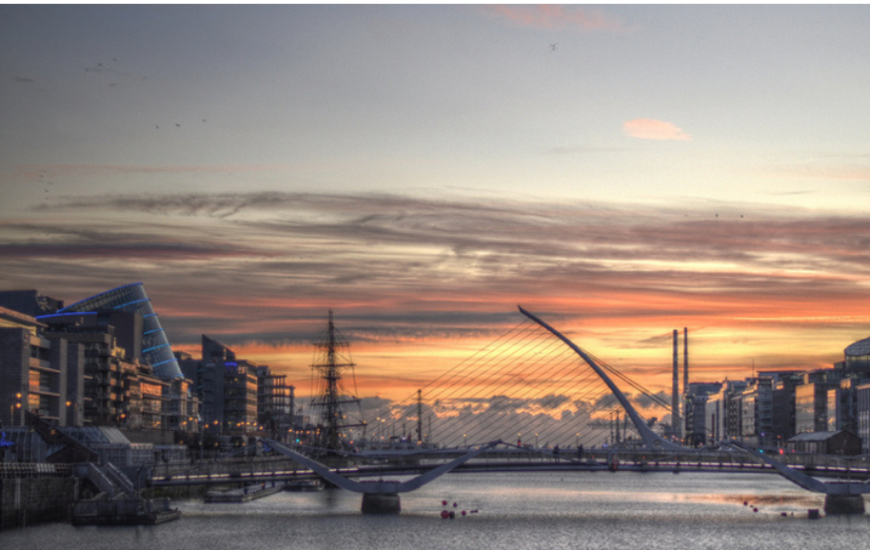The latest Dublin Economic Monitor, published this morning by the four Dublin Local Authorities, shows a stable but cautious economy in Q1 2025, driven by growth in employment, retail spend and private sector activity, despite broader economic uncertainty.
The Dublin S&P Global Purchasing Managers’ Index (PMI) showed that business activity in the Capital’s private sector increased in the first quarter of 2025, albeit at a softer rate than in Q4 2024.
The PMI rate stood at 52.6, down from 54.7 in the previous quarter, yet above the 50 mark which denotes expansion. All three sectors that make up the PMI slowed in Dublin in Q1.
The Manufacturing sector (48.9) experienced a contraction in activity for the first time in three quarters.
Both the Construction (57.8) and Services (53.4) sectors recorded expanded activity but at slower respective rates than seen in Q4 2024.
Dublin’s unemployment rate fell to 4.3% (SA) in Q1 2025, in a further positive development for the Capital’s labour market.
Employment amongst Dublin residents increased in Q1 2025, reaching a record high to stand at 835,400 (SA) during the first three months of the year.
Data from Indeed highlights Dublin job postings were on a broad downward trajectory, falling 15 percentage points below the 2020 baseline in May 2025, following a period of stability.
According to MasterCard data retail spending in the Dublin economy remained broadly stable in the first quarter of the year.
A modest 0.2% QoQ (all values SA) increase was recorded in Q1.
This continued a sequence of four quarters in which growth has been relatively weak, and may be a reflection of the ongoing cost of living challenges for many households.
While the era of high inflation has largely passed, prices in many sectors have remained elevated – meaning spending power amongst consumers in the Capital remains subdued.
Necessity spending was the primary contributor to growth in Q1, rising by 1.8% QoQ. Retail spending by tourists softened in Dublin, in early 2025.
This was particularly noticeable in the US market which saw a reduction of 3.5% in consumer spending in the quarter.
Ongoing resilience amongst European tourism markets will be essential in the face of challenges in the US market.
In the residential sector, the pipeline of new housing supply in Dublin continued to fall sharply in Q1 2025. Housing commencements, which reached a peak of over 7,500 in Q2 2024, fell to just over 1,000 in the first quarter of the year.
This was the lowest ebb since pandemic-era 2021 and marked a contraction of over 60% QoQ.
Housing completions also fell considerably in Q1 2025, with fewer than 2,000 units (SA) completed in the quarter. This represented a decline of 44.5% QoQ, and also marked the lowest point since 2021.
Based on a rolling 4 quarter average, foreign direct investment (FDI) into Dublin increased in Q1 2025 despite the challenging macro-economic environment.
Average capital investment climbed by 3.9% QoQ to $775m in the quarter.
YoY growth was more pointed with an increase of 17.9%. Dublin maintained FDI strength per capita ($674) and in average project value ($28.7m) relative to its European counterparts.
Commenting on the DEM’s findings, Andrew Webb, Chief Economist with Grant Thornton, said:
“The latest Monitor paints a picture of an economy holding steady in the face of global uncertainty. Dublin’s labour market remains a cornerstone of this resilience, with record employment levels and falling unemployment underpinning a stable outlook.
“However, there are signals of caution, particularly in consumer and business sentiment, as discretionary spending dips and the pace of private sector growth softens.
“The sharp decline in housing supply is a flashing warning light, one that will need to be addressed if the city is to support both population growth and continued investment.
“Overall, the city’s economic fundamentals remain sound, but momentum is more measured.”
